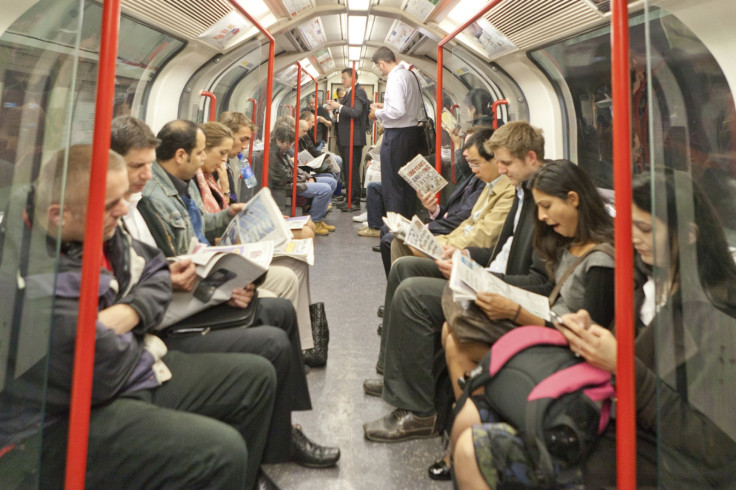Your daily commute could be making you deaf
The study is the first to look at the amount of noise people are exposed to during their daily commute.

Your daily commute could expose you to unsafe noise levels that can damage hearing if experienced repeatedly and over long periods, according to a new study.
Researchers from the University of Toronto measured noise levels while using public transport in the city – including the subway, trams and buses. They also took readings while driving, cycling and walking around the streets.
They found that, while noise on average was within safe levels, there were bursts of loud noise on both public and private modes of transportation that could put people at risk of noise-induced hearing damage,
"This study is the first to look at and quantify the amount of noise people are exposed to during their daily commute," said Vincent Lin, author of the study.
"We now are starting to understand that chronic excessive noise exposure leads to significant systemic pathology, such as depression, anxiety, increased risk of chronic diseases and increased accident risk. Short, intense noise exposure has been demonstrated to be as injurious as longer, less intense noise exposure."
According to thresholds recommended by the US Environmental Protection Agency (EPA) measured in A-weighted decibels (dBa) – an expression of the relative loudness of sounds in the air as perceived by the human ear – exposure to 114 dBa for longer than fours seconds, or 117 dBa for more than two seconds, could put people at risk of noise-induced hearing loss.
The researchers found that peak noise levels across public and private transport exceeded the EPA thresholds. Their results are published in the Journal of Otolaryngology - Head & Neck Surgery.
On the subway, around 20% of the loudest noises were greater than 114 dBa, while in cars, 20% of peak noises were higher than 120 dBa. At bus platforms, 54% of the of the loudest noises were greater than 120 dBa. Travelling by bike exposed people to the loudest noise levels, with 85% of peak noises being greater than 120 dBa.
"We were surprised at the overall average noise exposure commuters experience on a daily basis, especially the peak noise intensity not only on trains but also on buses," Lin said. "Planners need to be more considerate of noise exposure in future planning of public spaces and public transit routes."
The researchers suggest that efforts should be made to control noise on public transport, while hearing protection should be promoted.





















